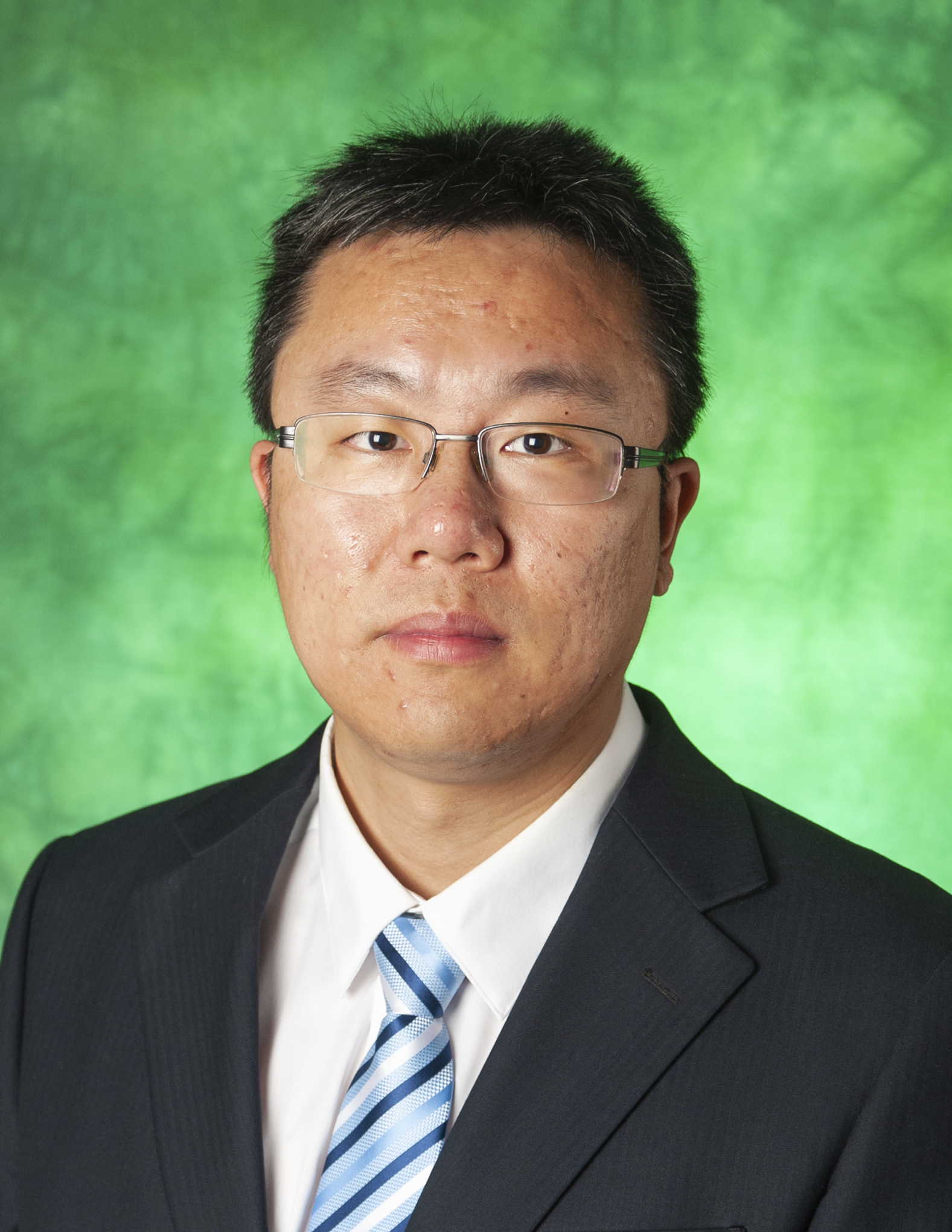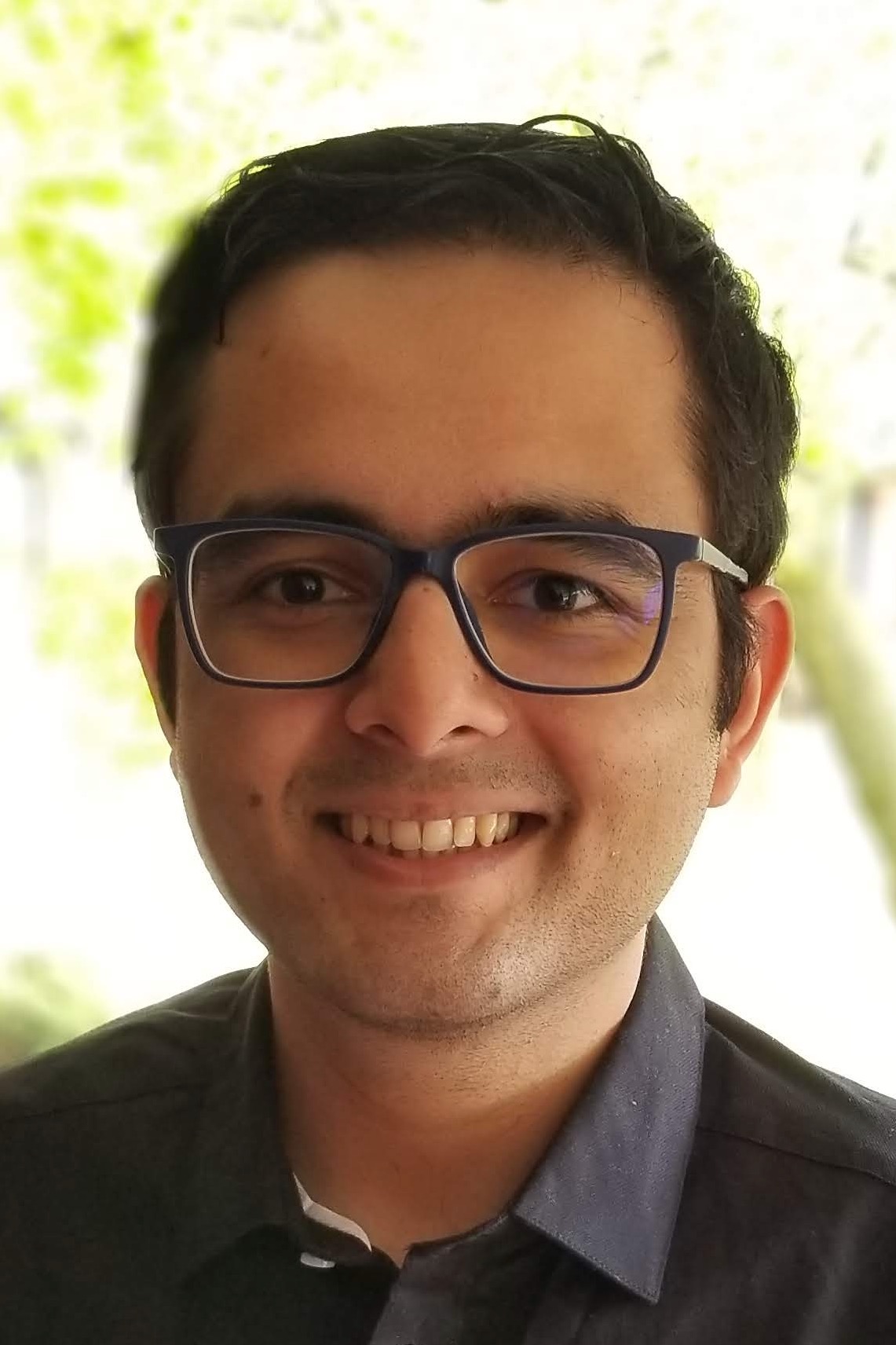Schedule
All times are listed as Eastern Daylight Time (GMT-4). We recognize that many participants will be calling in from very different time zones. Unfortunately, we do not yet have the resources to multicast this event. We look forward to finding better solutions in the future.
Welcome (8:45-9:15)
Profs. Brittany Johnson-Matthews and Emma Tosch welcome participants and give an overview of the day's purpose and plan. Participants should check that they are set up in their appropriate affinity groups.
General Sessions (9:30-11:25)
- The PhD is a Job (9:30-9:55). Panelists discuss the ways in which being a graduate student in a PhD program is more like a job than being a student. Potential topics include: pay, benefits, labor rights, expectations of work, differences in funding sources, and your supervisor's expectations.
- The PhD is not a Job (10:00-10:25). Panelists discuss the ways in which being a graduate student is not like a job, but rather like an apprenticeship. Potential topics include: mentorship, growth model, changing advisors, time commitments, and the role of service.
- Working toward mastery: technical skills (10:30-10:55). Panelists discuss expectations of the technical skills students should have upon entering a PhD program and the expectation of growth vis-a-vis those skills. Possible topics include: methods for improving technical skills, and how to ask for help, and the role of courses in improving skills.
- Working toward mastery: research skills (11:00-11:25). Panelists discuss expectations of the research skills students should have upon entering a PhD program. The objective of a PhD program is to train students to become independent researchers. Possible topics include: what research actually is, how to learn research skills, best practices for improving research skills, how to advocate for yourself if you need help in this area.
Topical Panels (13:30-14:15)
Last year many students expressed an interest in specific areas of computer science and issues pertaining to the practice of computer science research. This year we will be offering topical panels to address any interest in these areas. These two panels will run concurrently.
-
Computer Science vs. Information Science vs. Data Science (13:30-14:15). Computer Science as a discipline grew out of Mathematics and Engineering departments. Today we increasingly see computational methods in non-traditional fields. As more and more students desire to study non-traditional domains with traditional computing methods, many ask: what is the right home for me? In this panel we will discuss the differences between these programs and how to target your search if you are interested in interdisciplinary fields such as human-computer interaction, algorithmic fairness, and computational social science.
-
Scholarship, Identity, and Values-based Research (13:30-14:15). Academia is often framed as not being a job, or even a profession, but a vocation. The implication in this statement is that academic researchers' work is often intertwined their their identities, both in terms of being scientists and scholars, and in the particulars of their work. Given the outsized role that technology plays in society, this relationship between self and work has changed rapidly. This panel will discuss how these topics interact. Thanks to Nathan Dautenhahn for suggesting this topic.
Factuals and Counterfactuals (14:30-15:15)
Academic research and becoming a professor are often presented as the expected outcome of starting a PhD program. In this session's panels, we will hear from people who decided that this traditional path was not for them. These three panels will run concurrently.
- Current Students (14:30-15:15)
- Master's degrees: intended terminus vs. "mastering out" (14:30-15:15)
- Post-PhD: The academy wasn't for me (14:30-15:15)
Open PhD student recruiting (15:30-16:30)
You can significantly improve your chances of being accepted to a PhD program by targeted faculty who are currently recruiting PhD students. Students should feel free to chat with professors for both advice and as part of the recruitment process.
We will link short videos of our recruiting faculty explaining their research prior to the event. You can see the list of recruiting faculty below.
Closing Remarks (16:45-17:00)
Profs. Brittany Johnson-Matthews and Emma Tosch discuss follow up and next steps.
Logistics
This event will run on Zoom and Discord with email communication via Google Group. Panels are all Q&A style and will happen on Zoom. The Discord server will be used for socializing (e.g., in a virtual Lobby), connecting students with text affinity groups, and meeting in small groups with recruiting faculty.
The Discord server and Google group will be private prior to the event, but we will open them up for anyone to join after the event.
Please be sure to install these services prior to the event.
Recruiting Faculty
Interested in meeting with a current faculty member who is looking to hire students? Check out one of these awesome potential future advisors:
Name: Prof. Gema Rodriguez-Perez
Institution: University of British Columbia (Okanagan Campus)

Research Area(s): Bug prediction, bug localization, Socio-technical aspects of Software engineering, Open Source Software development, Diversity and Inclusion
Name: Prof. Evgenios Kornaropoulos
Institution: Computer Science Department, George Mason University

Research Area(s): Computer Security, Privacy, Applied Cryptography. I focus on analyzing and designing efficient encrypted systems using techniques from cryptography and algorithms.
Name: Prof. Nikita Soni
Institution: Department of Computer Science, University of Illinois Chicago

Research Area(s): Human-Computer Interaction, Computer-Supported Collaborative Work, Education Technology, and Child-Computer Interaction
Name: Prof. Prateek Sharma
Institution: Indiana University

Research Area(s): Cloud Computing, Operating Systems, Large-scale performance engineering
Name: Prof. Yuede Ji
Institution: Department of Computer Science and Engineering, University of North Texas

Research Area(s): Cybersecurity, High-Performance Computing, Graph Analytics, and Graph Neural Network
Name: Prof. Chris Brown
Institution: Virginia Tech

Research Area(s): Software Engineering
Name: Prof. Yalong Yang
Institution: Virginia Tech

Research Area(s): VR/AR, Visualization, Human-computer Interaction, Visual analytics
Name: Prof. Leilani Gilpin
Institution: University of California, Santa Cruz

Research Area(s): Explanatory artificial intelligence, interpretable machine learning, and developing representations for understanding complex, autonomous systems.
Name: Prof. Thomas Pasquier
Institution: University of British Columbia

Research Area(s): Systems and Security
Name: Prof. Shadi Rezapour
Institution: Drexel University, Department of Information Science

Research Area(s): Natural Language Processing, Computational Social Science
Name: Prof. Hamid Karimi
Institution: Utah State University

Research Area(s): Machine Learning, Deep Learning, Data Mining, Social Media Mining, Social Network Analysis, AI in Education.
Name: Prof. Aastha Mehta
Institution: University of British Columbia, Vancouver

Research Area(s): I am broadly interested in building systems that solve security problems. I am currently working on systems for digital contact tracing, side channel mitigation, and confidential computing in the edge.
Name: Prof. Michael Greenberg
Institution: Stevens Institute of Technology
(formerly Pomona College)

Research Area(s): Programming languages, systems
Name: Prof. Varun Mishra
Institution: Northeastern University

Research Area(s): Ubiquitous computing; Human-centered computing; mobile/wearable sensing; health informatics; behavioral science.
Name: Prof. Pavel Panchekha
Institution: University of Utah

Research Area(s): Computer Science -- Systems; Programming Languages; Formal Methods
Name: Prof. Xinyu Wang
Institution: University of Michigan, Ann Arbor

Research Area(s): Systems -> Programming Languages, Formal Methods, Software Engineering -> Program Synthesis, Program Analysis, Program Verification
Name: Prof. Bashima Islam
Institution: Worcester Polytechnic Institute

Research Area(s): Mobile Computing and Embedded Systems
Name: Prof. Rajiv Khanna
Institution: Purdue University, Department of Computer Science
Research Area(s): Machine Learning
Name: Prof. Tushar Sharma
Institution: Dalhousie University

Research Area(s): Software engineering (SE), ML4SE, SE4ML
Name: Prof. Akshitha Sriraman
Institution: Carnegie Mellon University

Research Area(s): Intersection of Computer Architecture and Operating Systems
Name: Prof. Preetha Chatterjee
Institution: Drexel University

Research Area(s): Software engineering, machine learning and natural language processing applications to software engineering, software data analytics, mining software repositories, empirical software engineering
Name: Prof. Abhinav Verma
Institution: The Pennsylvania State University

Research Area(s): Reinforcement Learning, Program Synthesis
Name: Prof. Aloni Cohen
Institution: University of Chicago -- Computer Science & Data Science Initiative

Research Area(s): CS+Law, Privacy, Cryptography, Theory
Name: Prof. Yuanyuan Feng
Institution: University of Vermont

Research Area(s): Human-computer Interaction, Data Privacy, Health Informatics
Name: Prof. Xuesu Xiao
Institution: George Mason University
(X, The Moonshot Factory; The Univerisity of Texas at Austin)

Research Area(s): Robotics, motion planning, machine learning
Name: Prof. Brandon Bohrer
Institution: Worcester Polytechnic Institute

Research Area(s): Formal Methods, Programming Languages, Cyber-Physical Systems
Name: Prof. Joanna Cecilia da Silva Santos
Institution: University of Notre Dame

Research Area(s): Software Engineering, Software Security
Name: Prof. Wing Lam
Institution: George Mason University

Research Area(s): Software Testing and Analysis, Software Evolution, Software Dependability, AI and Software Engineering.
I will not be able to attend this event synchronously. Please feel free to email me if you are interested in working with me!
Name: Prof. Steven Wilson
Institution: Oakland University

Research Area(s): Natural Language Processing, Computational Social Science
I will not be able to attend this event synchronously. Please feel free to email me if you are interested in working with me!
Name: Prof. Pedro Lopes
Institution: University of Chicago, Computer Science
Research Area(s): Human Computer Interaction; Haptics; Wearables; Materials & Fabrication; Low-powered sensors and actuators
Acknowledgements
This event was organized by Profs. Emma Tosch (University of Vermont) and Brittany I. Johnson-Matthews (George Mason University).
 2021 CS[-ish] PhD Recruiting!
2021 CS[-ish] PhD Recruiting!